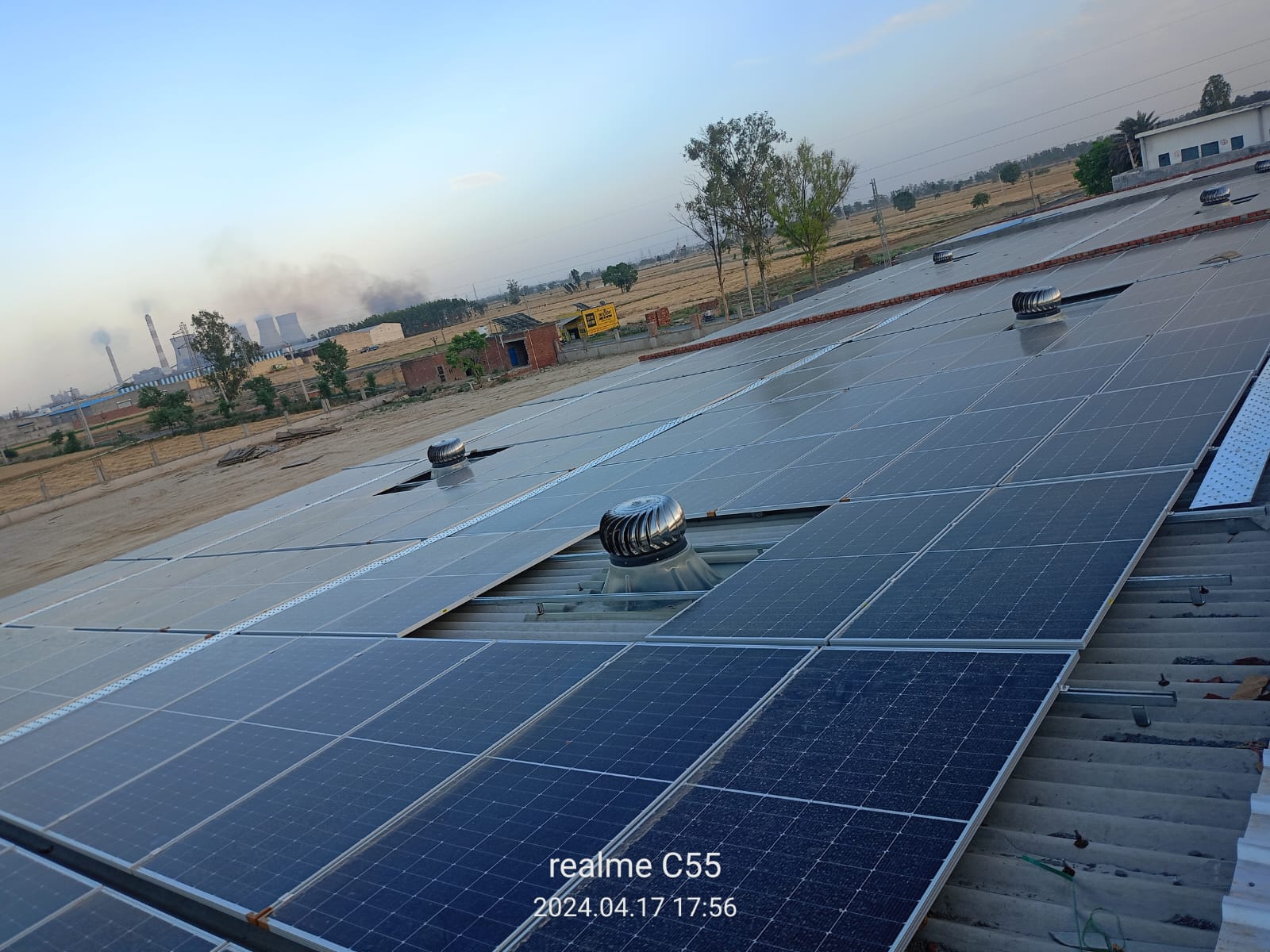How we think about, produce, consume and value energy is changing. The energy system is in transition, but will we go far enough and act fast enough?
It’s hard to imagine the way we live and work without energy. For most people, it’s an essential part of everyday life we can often take for granted.
But right now, our energy system continues to rely on the burning of fossil fuels, emitting huge amounts of greenhouse gases that are radically warming and destabilising our climate. We’re seeing more extreme weather events. Previously reliable rains are failing and sea levels are rising.
Beyond these impacts on our climate, millions of people around the world are denied affordable access to sufficient and sustainable energy. The global energy market is increasingly reeling from shocks, with huge societal and economic consequences. And as old sectors make way for new, not least the shift from coal, oil and gas to renewables, we run the risk of millions being left behind.
Simply put, we need to rapidly transition from an energy system that served us well in the last century to one that is fit for purpose in the 21st century.
Promisingly, the world is responding - from the large-scale deployment of renewables like wind and solar and exciting innovations in battery storage and grid flexibility to the emergence of new business models that are fair to consumers and communities.
All are reasons to hope, but are the changes we’re seeing today really enough?

